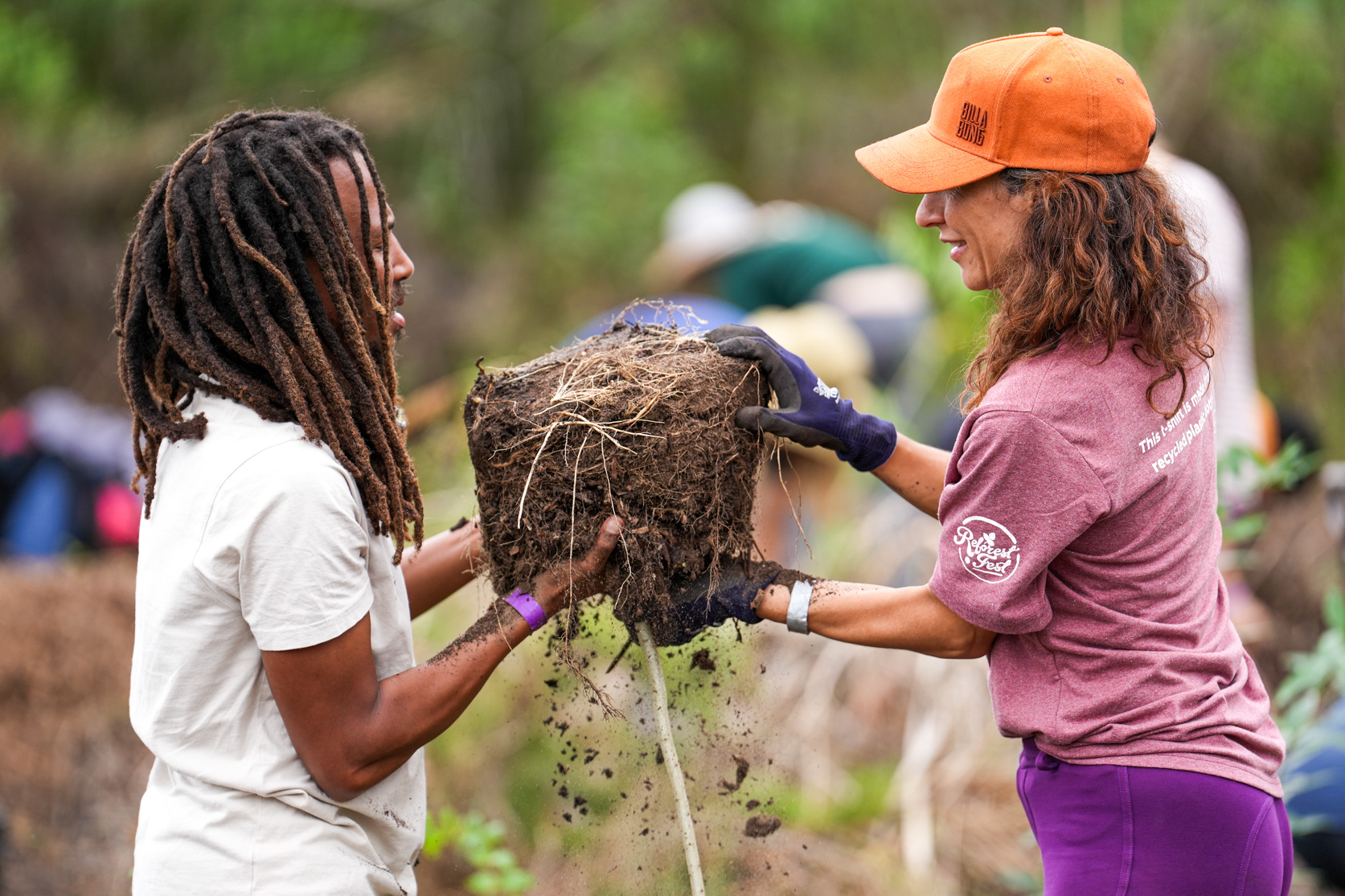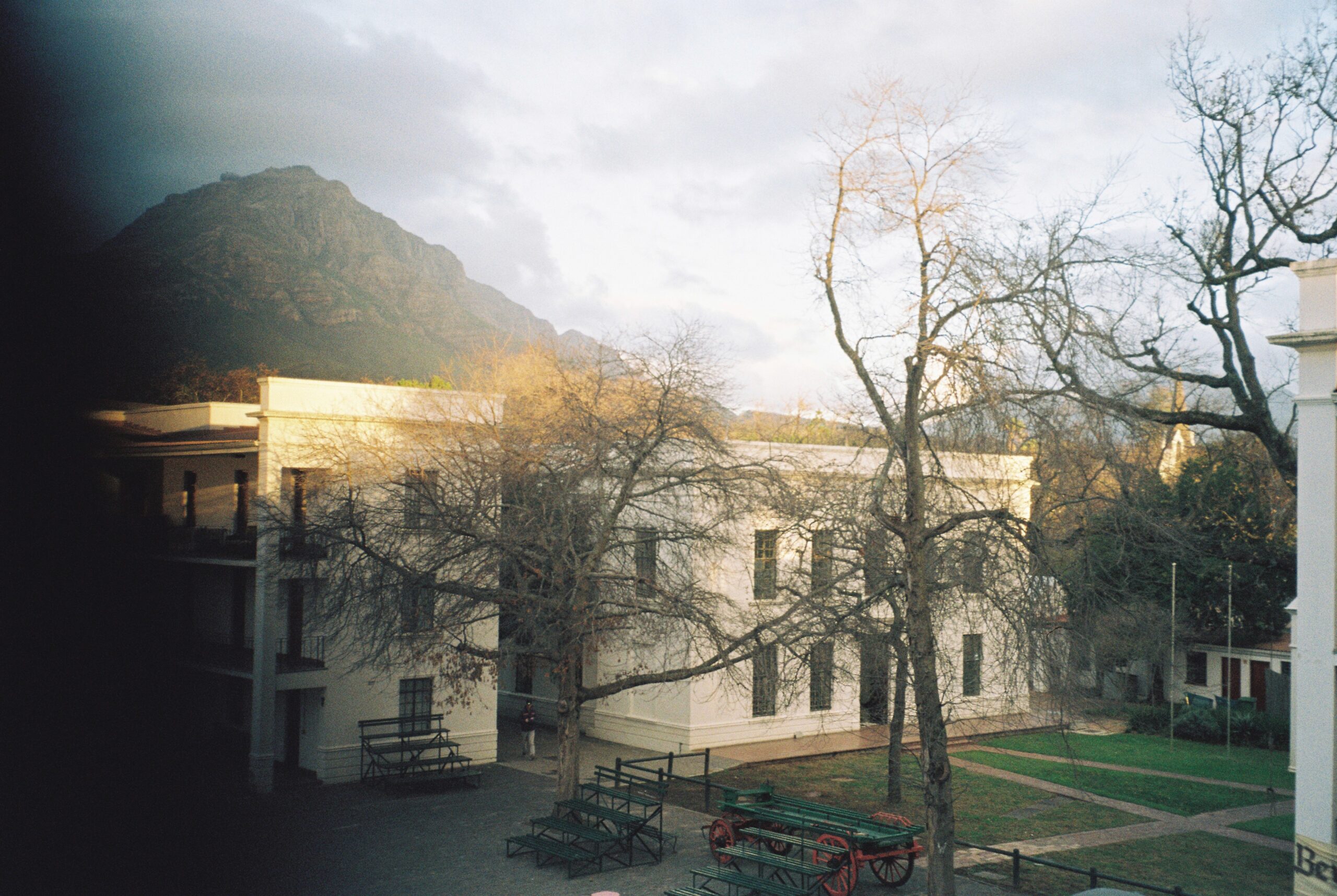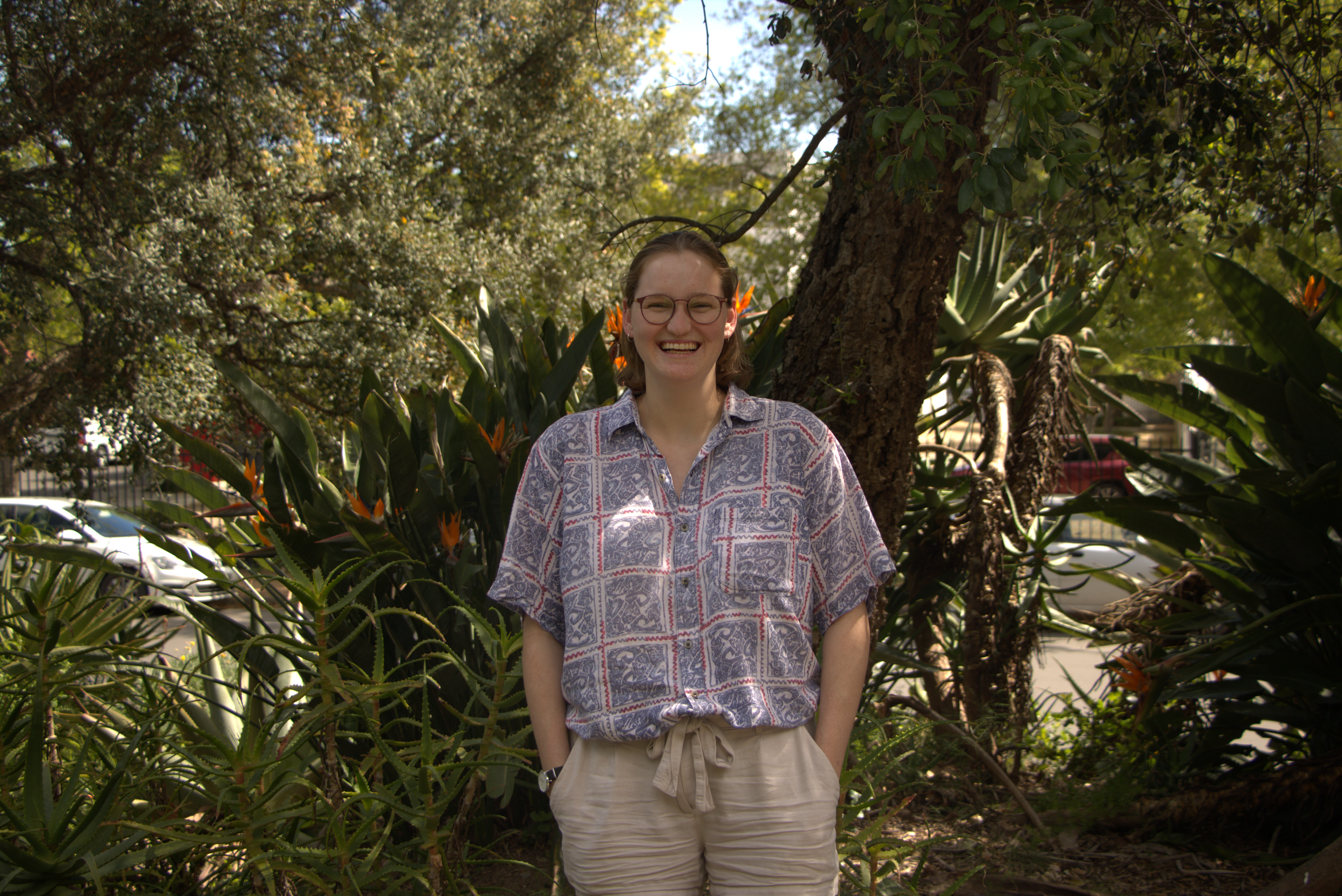By Amber April
Stellenbosch University’s (SU) independent Central Disciplinary Committee (CDC) recently gave their much anticipated verdict on the case against Theuns du Toit. This followed the disciplinary case made against Du Toit, who was filmed urinating on the possessions of fellow student Babalo Ndwayana in Huis Marias Men’s Residence in May. This was according to a bulletin sent out by the university on 21 July.
“[SU] strongly condemns any form of racism, discrimination or other prejudice. Human dignity is non-negotiable at SU and must be respected and upheld,” the bulletin read.
“When such dignity is affected, it must be restored following due process, the rule of law, and the full extent to which the constitution protects the rights of all in our country. There is no place for racism or victimisation of any kind at SU.”
According to the bulletin, Du Toit was found guilty of contravening specific clauses pertaining to the values of the university, rules regarding property and premises, general rules of the university, and amended residence rules relating to behavioural matters in residences. Considering this, the CDC concluded that he was to be expelled from SU with immediate effect. According to the bulletin, Du Toit has 5 work days “to file a notice of appeal”.
Regarding the processes that the university will put into place to ensure that such an incident does not occur again, Dr Choice Makhetha, senior director of the Division for Student Affairs (DSAf), stated that aspiring student leaders and elected leaders at university residences will receive special training.
“[This training] will focus on the values of the university, clarifying . . . their responsibility to uphold these values and [to] empower other students to do the same,” Makhetha explained.
Furthermore, Makhetha mentioned that educational sessions focusing on human rights, especially human dignity, and the responsibilities that go along with these rights will take place continually in order to empower students.
The aim of these sessions includes “[e]mpowering students to understand what [forms] racism, sexism and . . . discrimination can take”, so as to assist them to understand “what not to do, and . . . to learn and function well” in a diverse environment.
Heartlines, a non-governmental organisation, will also initiate a campaign called “Ask, Listen and Tell”, according to Makhetha, which will work in partnership with the DSAf as well as the SU residence heads and mentors. The campaign will aim to empower people within these structures by teaching them to “address difficult issues by first getting to know more about the persons involved”, Makhetha explained.
Lastly, Makhetha said that students will be required to sign a declaration upon entrance into an SU space, which will ensure that they are aware of the values that it upholds. Disciplinary processes will also be tightened in residences to ensure “zero tolerance of behaviour” that is contrary to SU’s values.
Pieter Kloppers, director of the Centre for Student Communities (CSC), said that “the process of self-renewal in the light of their values is an ongoing process in residences”.
Kloppers emphasised that “the protest that resulted from the incident clearly showed to what level this incident was condemned by all students”.
“The student communities in the cluster made it clear that they do not condone such behaviour. In doing so the residence communities prime their residents to guard against such incidents,” Kloppers said.
“The residences are also involved in thinking about how to lessen the opportunities for such incidents, also by rethinking where alcohol will be allowed.”
Huis Marais prim Jaco Joubert elected not to comment.



